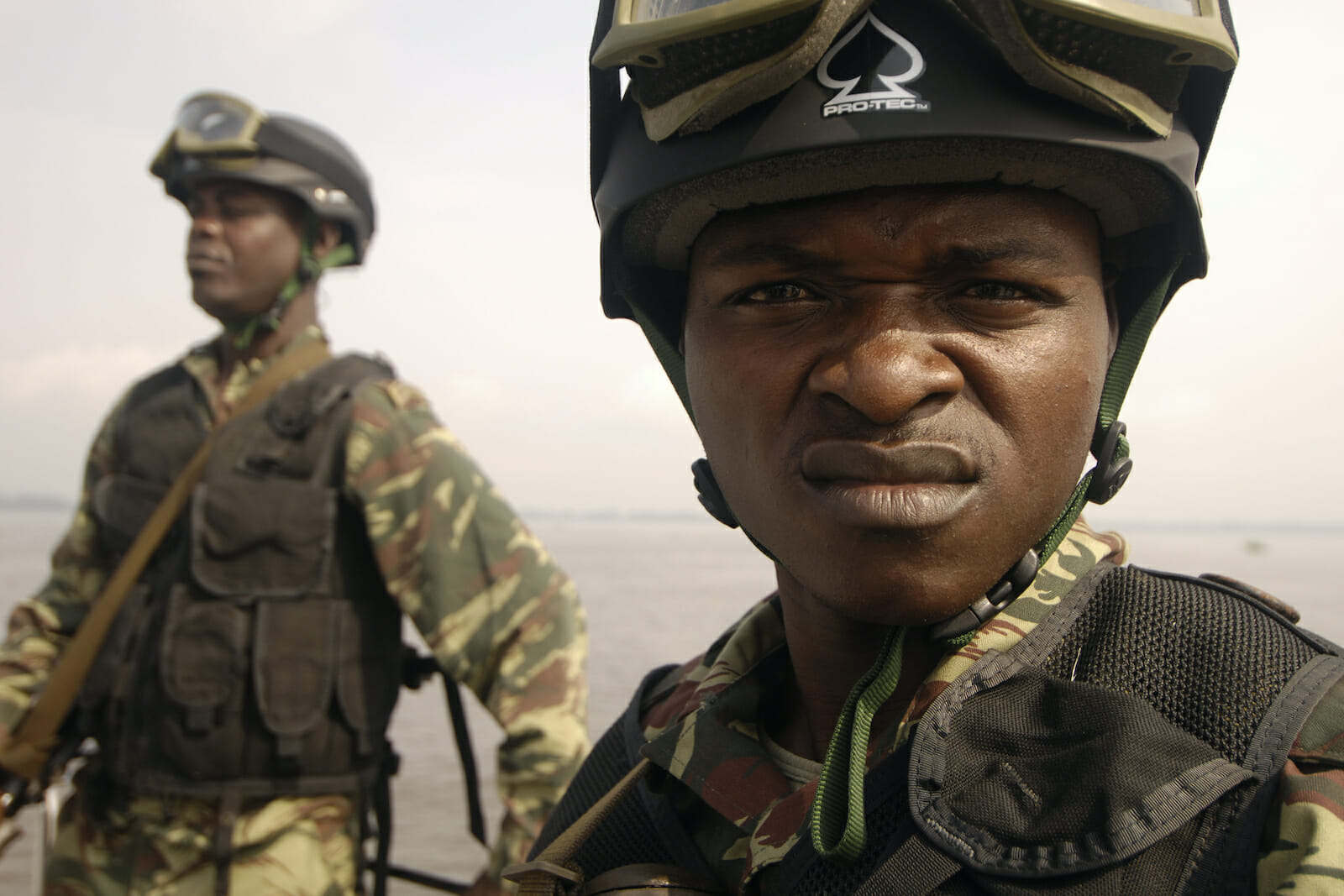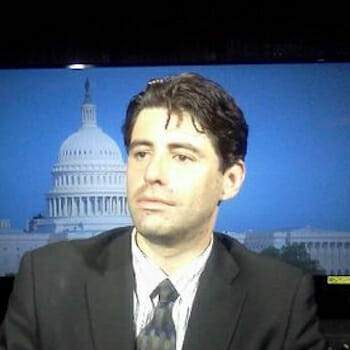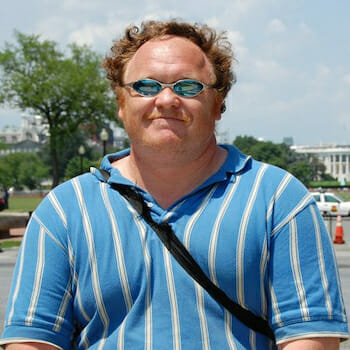
COVID-19 and its Effect on Cameroon’s Conflict
One of the most interesting developments during the COVID-19 pandemic took place on March 23rd of this year. UN Secretary-General António Guterres issued a call for a global ceasefire to deal with the crisis.
The UN General Assembly actually took this request to heart. Twice during the month of May, the body attempted to support the call of the secretary-general by passing resolutions calling for a global ceasefire. On May 3rd the first effort was vetoed by the United States. A little more than a week later a second resolution drafted by the European members of the council was introduced as well.
Although these calls have mostly gone unheeded there is one part of the world where the UN is attempting to double down on this effort and to ensure that a ceasefire takes place. On March 26th the regional office for Central Africa also issued a statement that supported the call for a ceasefire.
One of the countries that was covered in these calls was Cameroon. Over the last three years, the country has been the scene of an insurgency that, for the most part, has avoided coverage by most major media outlets. Libya, Syria, and Yemen have all overshadowed what has been taking place in Cameroon.
The African nation has been embroiled in an internal conflict since 2017, as members of the English-speaking population fight to create an independent state separate from the French-speaking majority. The new country would be called Ambazonia.
However, the separatists are not united. While some commanders have respected the government’s ceasefire request to deal with COVID-19, other rebels have continued to fight. For example, a commentary in African Arguments explains how, “On 14 April, separatists executed a traditional leader and his assistant in Bambili in the northwest for cooperating with the government. In Bamenda, the capital of the northwest region, they kidnapped and killed a police officer. On 10 May, fighters killed the recently-elected mayor of Mamfe, Ashu Prisley, one of the youngest and most dynamic figures in the ruling CPDM party.”
Some rebels have also attacked government-backed distribution centers of sanitary equipment to fight coronavirus.
A report by Human Rights Watch that was released in late March 2019 found that government forces were equally culpable in launching attacks and killing civilians in the strife-torn region. Several members of the government forces were taken into custody in recent weeks for their actions in the region as well.
The entry for Cameroon in the 2019 Human Rights Report compiled by the U.S. State Department catalogues a list of sins committed by the government. The documented abuses include torture, arbitrary and even extrajudicial killings, forced disappearances and even limiting access to the Internet, which lasted more than a year.
Cameroon also has to deal with other types of violence, stemming from radical fundamentalists. “Two Cameroonian soldiers were killed and several others injured in an attack by suspected Boko Haram jihadists early Tuesday, May 26 on a military base in the north region of Cameroon,” the Journal du Cameroun explains. The faction responsible seems to be the Islamic State West Africa Province, ISWAP, a splinter group of Boko Haram.
There are reports that the Cameroonian military is building a base in the northwestern village of Ngarr-buh, where 13 civilians were massacred in February. The military argues that the base is needed to cut re-supply lines between rebels and Nigeria, while various NGOs accuse government forces of human rights abuses.
Overall, once coronavirus is somewhat under control, operations by all sides of this complex conflict will start once again.
Meanwhile, COVID-19 continues to take a toll on Cameroonian society, though the government re-opened schools on June 1st. Educational facilities have been disinfected to protect students and teachers.
The UN Security Council has not totally ignored the crisis. During the month of June, the UN Security Council will hear a briefing on the situation in Cameroon. There is concern that this meeting could be a whitewash as France will hold the presidency of the Security Council for the month of June. France is the former colonial power and has strong ties with President Paul Biya.
Not to be outdone by the UN, several NGOs have drafted a resolution that would encourage the United States to take over as the mediator in this crisis replacing Switzerland. There has been a lukewarm response to this effort. However, negotiations are always better than open conflict. There is some work that needs to be done to the resolution so that Russia, China, and other members of the Security Council can support this effort.
Coronavirus comes at a bad time for Cameroon, as it is battling secessionist groups as well as Islamic fundamentalists. The virus has prompted the establishment of a ceasefire, which has not been respected by all insurgents. There is some hope that the upcoming briefing to the UN Security Council could breathe new life into the talks. However, the details have yet to be worked out.
The views expressed in this article are those of the authors alone and do not necessarily reflect those of any institutions with which the authors are associated.


